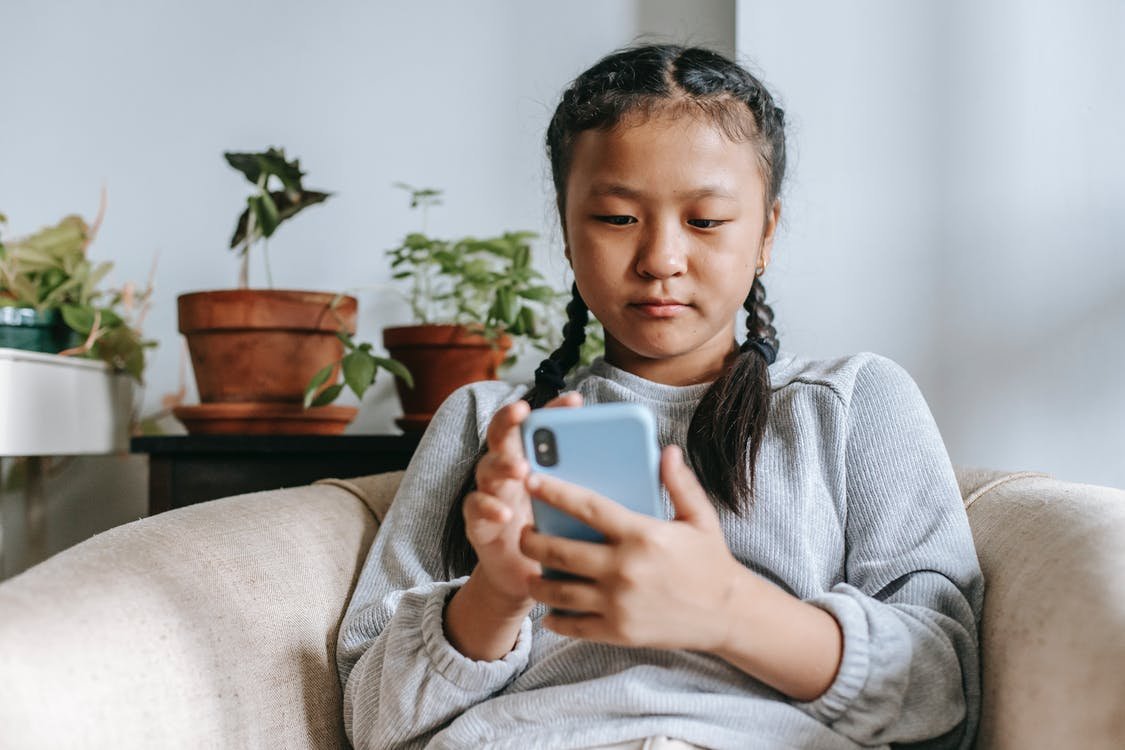Increased Screen Time During the Pandemic
COVID-19 has changed so much about our lives and our world, including our children’s amount of screen time. Since the start of the pandemic, many children have learned virtually for some amount of time, used electronic devices to keep connected to friends and family, and had many non-screen related activities such as visiting friends severely limited. Read on for more about kids’ increased screen time during the pandemic and how to address this change.
Increased screen time during the pandemic
Most parents and kids would acknowledge the increased screen time since the start of the pandemic in March 2020. One survey suggested that screen time has increased 50% for children during the pandemic. This includes video games, online learning, social media, YouTube, and more. Last summer in June 2020, about 2 in 3 teens were reported to have had more than four hours daily of screen time since the start of the pandemic. Before the pandemic, only 1 in 3 were reported to have had this much time on their electronic devices.
Effects of increased screen time on children
The effects of this increased screen time affect different areas of a child’s world. Excessive screen time can affect sleep by overstimulating kids. It can also suppress melatonin production, which can affect a child’s daily sleep-wake rhythm. Many parents have reported sleep issues arising for their children during the pandemic. Sleep issues could also be caused by anxiety and overstimulation from exposure to news and other media through devices.
Another area of concern resulting from more screen time is problems with eyesight. One study suggested an increase in shortsightedness among 6-8-year-olds in 2020. This could be from increased screen time or decreased time outdoors, or a combination of both. Less exercise due to more screen time can also affect kids developmentally and lead to a higher risk for obesity as well.
Many parents are worried about their kids’ mental and emotional development due to increased screen time. Learning virtually can become passive and kids can easily disengage. This can lead to falling behind on learning. Additionally, kids learn social skills by interacting with peers. These interactions with peers typically lead to improved mental health and reduced stress as well. Without much social contact, kids can struggle in a number of areas.
How to deal with more screen time
During the pandemic, it has been even more difficult than usual to limit kids’ screen time. Try out one or more of these strategies to reduce screen time:
Eat one meal a day without media (yes, even without TV!). Focus on family conversations to help develop kids’ social skills and connect more.
Try spending time in local and state parks, going hiking, biking, fishing, and swimming. Even a 5-minute walk outside can help break up screen time for kids.
Have kids spend two hours screen-free before bed. Set a good example and try it yourself too!
Utilize your local library, many of which offer pick-up and drop-off for books, games, and even activities.
Follow the 20/20/20 rule to help reduce eye strain when looking at a screen–every 20 minutes, look at something 20 feet away for 20 seconds.
The American Academy of Pediatrics recommends the following screen time limits:
Babies and toddlers under two–less than one hour a day and only with an adult present (i.e., talking to a family member)
Toddlers and kids ages two to five–one hour or less a day of education, interactive, and non-violent content (supervised screen time)
Children and teens ages five to 18–tailored to each child, and supervised or filtered using parental controls.
Remember that kids and teens need more sleep and should be getting an hour of physical activity per day. Limiting screen time can help meet these basic needs. Some screen time is beneficial—games that encourage creativity and learning, educational tv shows, connecting with others virtually. However, this doesn’t make up for face-to-face interactions. Work to replace screen time with developmentally appropriate activities that benefit children mentally, physically, emotionally, socially, and spiritually.
Are you looking for more support for your child or yourself? Please reach out to us. Our team of therapists is here to provide support and guidance. We look forward to connecting with you.







